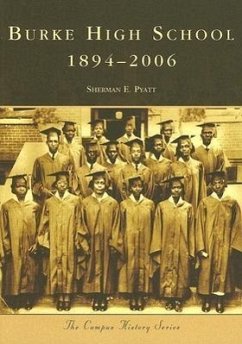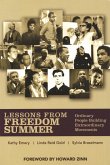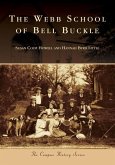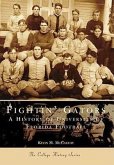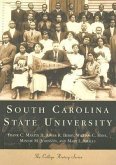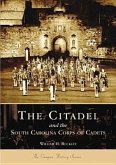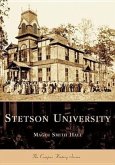In 1911, the Charleston Colored Industrial School opened its doors to 375 African American boys and girls, making it the first public high school for African Americans in the city of Charleston. Throughout the years, there have been several public high schools in the city that educated African American students. However, they all have closed, and Burke High School (formerly the Charleston Colored Industrial School) is the only public high school in the city that provides an education for children living on the Peninsula. This book explores the rich and unique history of the school from 1894 to 2006 and provides another perspective on the subject of education and African Americans in Charleston during 19th, 20th, and 21st centuries.
Hinweis: Dieser Artikel kann nur an eine deutsche Lieferadresse ausgeliefert werden.
Hinweis: Dieser Artikel kann nur an eine deutsche Lieferadresse ausgeliefert werden.

